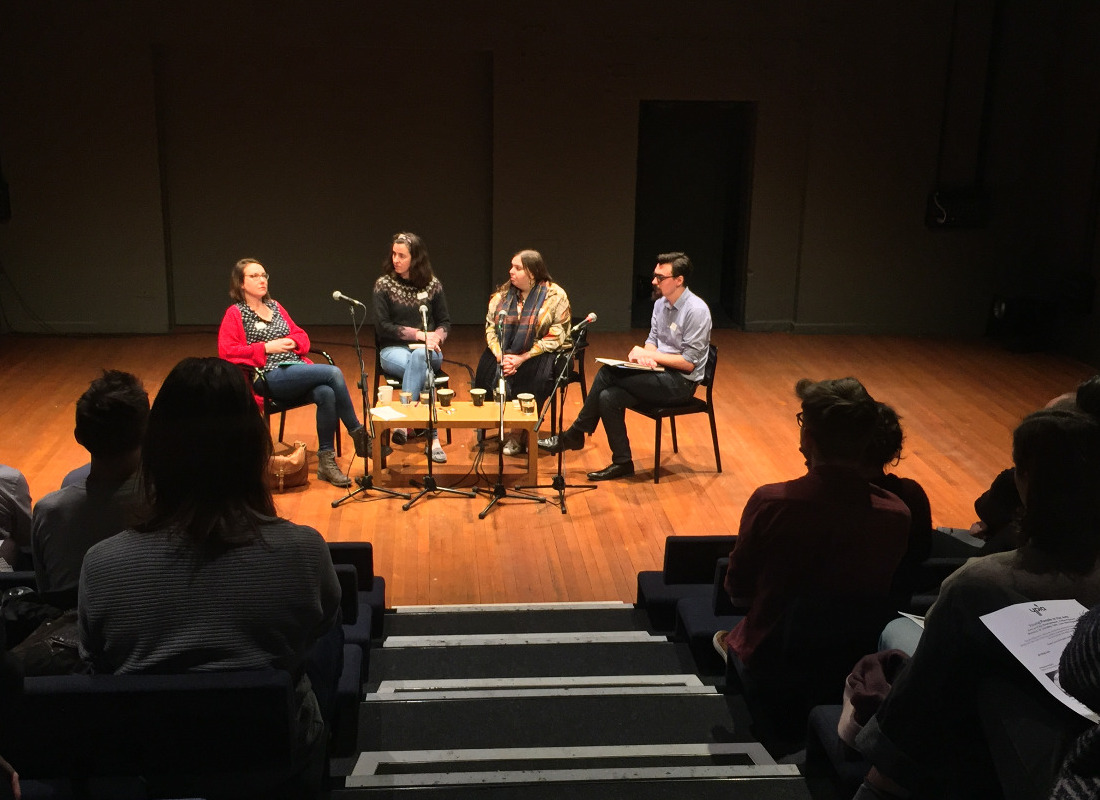
Earlier this year YPIA held a panel discussion and Q&A to ask what the arts can do to implement positive change in the realm of environmental sustainability, and how the sector can be a vocal advocate for change whilst reducing its own footprint. Three brilliant arts leaders who are currently championing the move towards sustainability joined us: Catherine Bottrill, Head of Creative Green Programme at Julie’s Bicycle, Invisible Dust's Creative Producer and Development Consultant Lucy Wood and Chrissy Angus, the Lyric Hammersmith's Head of Administration who leads on sustainability.
We kicked off with the question of why climate change and environmental issues are such an important issue for the arts, which our panellists jumped on. Lucy Wood share that "The role of the arts is to evoke... art is the way we understand ourselves, the way we are and our future, so the arts have a vital role in engaging with this issue.†Catherine Bottrill argued that the arts cannot get a free pass - “culture should not be seen as a nice after dinner instrument... the arts can’t get a free pass on climate change, no sector of society canâ€, while Chrissy argued that theatre's short-lived cycle as an artform means that it has to be extra vigilant to engage in sustainibility: "the way we make theatre is inherently against the principle of reduce, reuse, recycle! We’re a low-carbon but also incredibly wasteful industry, so are trying to ethically tackle that.â€
Culture should not be seen as a nice after dinner instrument... the arts can’t get a free pass on climate change, no sector of society can!
The panel went on to explore how the internal structure of organisations are key in effecting change. Organisational leadership is one path encouraging the sector to change its ways, with Catherine pointing to the Lyric Hammersmith, (our venue and recently awarded The Stage's 2019 Sustainibility Award), as having inspirational leadership on environmental concerns. Chrissy went further to add that for her, collaboration has been a real cornerstone of change. The Lyric is part of the London Theatre Consortium who have a sustainability group that meet regularly - “I’m always looking at other theatres and they’re always looking at us, it’s been an amazing network.†She added that change comes from embedding sustainability through every part of an organsiation; the Lyric has moved to a new energy supplier, installed software that tracks energy use, refurbished its studio with LED lights and is both working on its bar and grill to test the appetite (!) for more vegan/vegetarian options, whilst also asking for individual pledges from staff members to eat less meat. Lucy adds to this that a key part of the move towards sustainibility is reframing change as an opportunity rather than a sacrifice - "so much of the language around this is about sacrifice.â€
Art is the way we understand ourselves, the way we are and our future, so the arts have a vital role in engaging with this issue.
But ultimately, the panellists believe it's impossible to pinpoint one thing to effect change, rather it’s lots of different actions, both organisation-wide and individual. Chrissy has found that creating a framework for people to recognise and use is key l in promoting change, such as making it part of people’s job roles - sustainability work is built into her job description as Head of Administration at the Lyric.
Catherine Bottrill shared how the Creative Green Programme run by Julie's Bicycle evaluates organisations' sustainibility using three criteria: Committment (demonstrated throughout the organisation), understanding (of scale and of priority), and demonstrative improvement: “sustainability is a journey - it doesn’t happen over 1 or 2 years. It has to be in the DNA of your organisation.â€
Final thoughts included Lucy adding that what we need is civic action on a societal level - "change isn’t going to happen without the mainstream media. We need scale, humour... think of Boaty McBoatface! I don’t think there’s enough humour in the discussion, you need to provoke a human response in people.†And a final rousing call to action from Catherine:
This is a serious issue but we can do this. We have all the tools in the kit and we can do it!
A huge thank you to all of our panellists - you can read the full live tweet thread from the event over on our Twitter page.
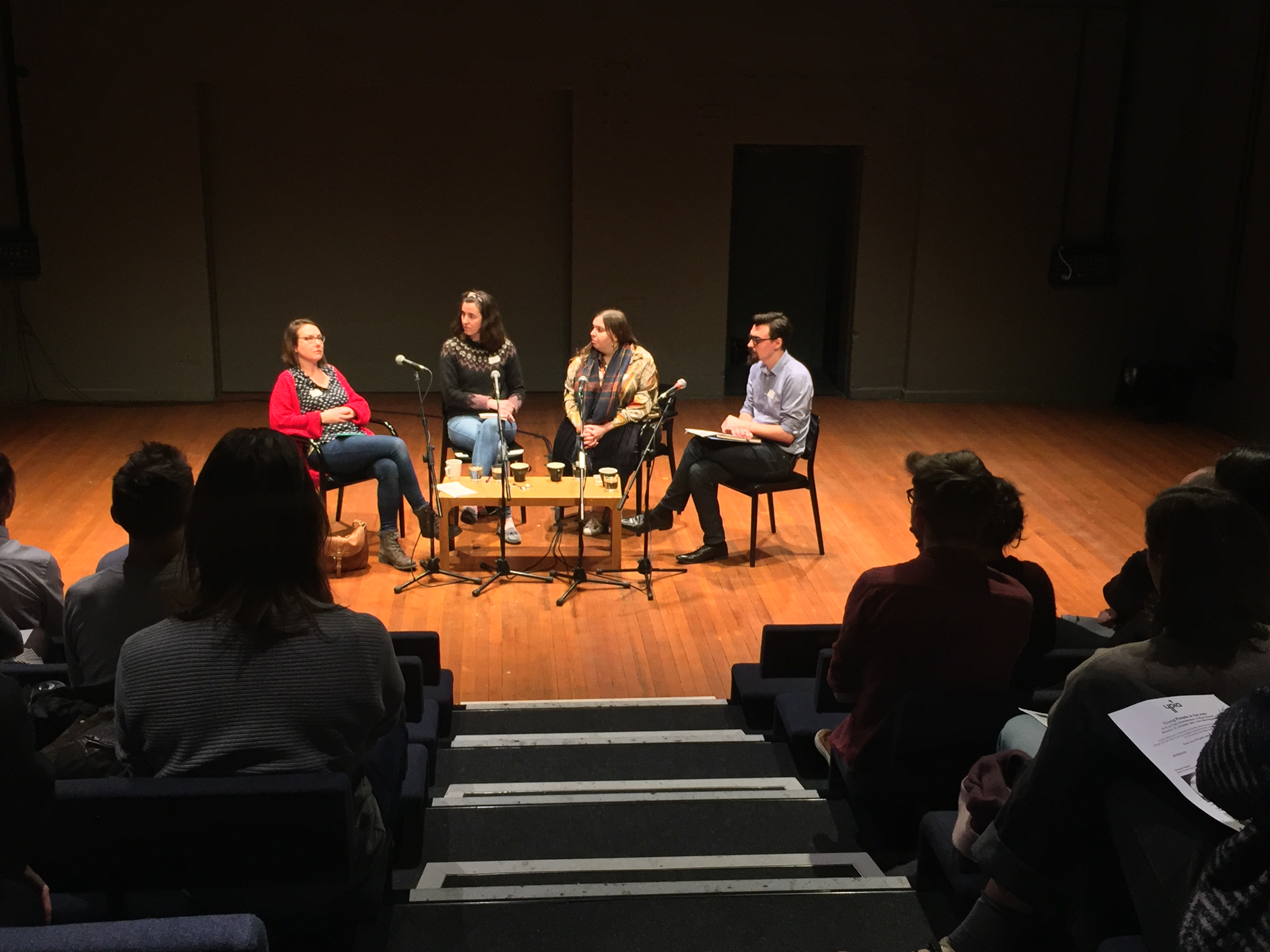

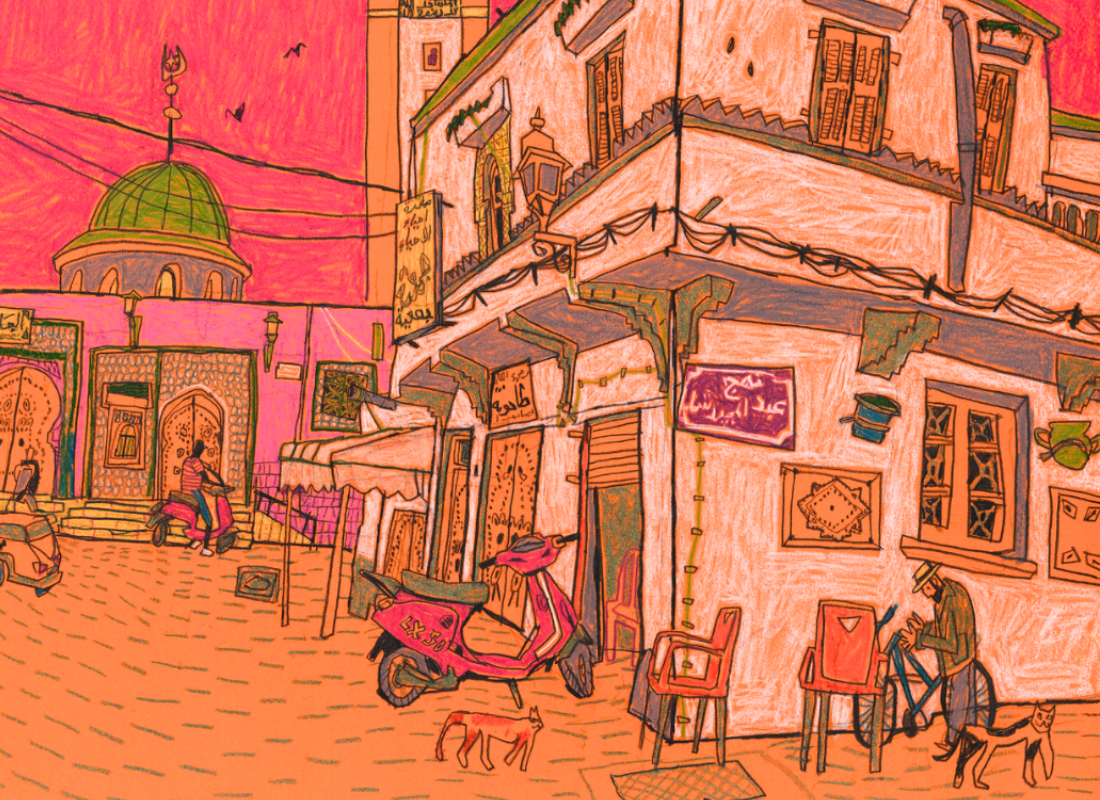
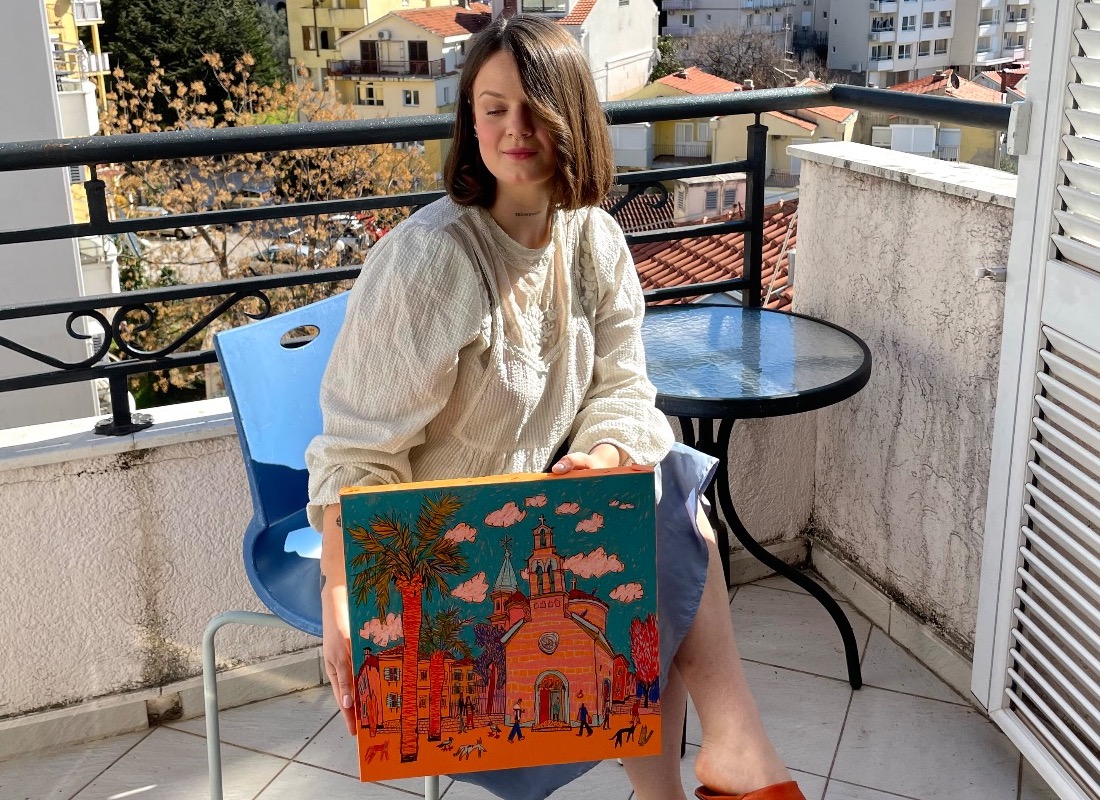
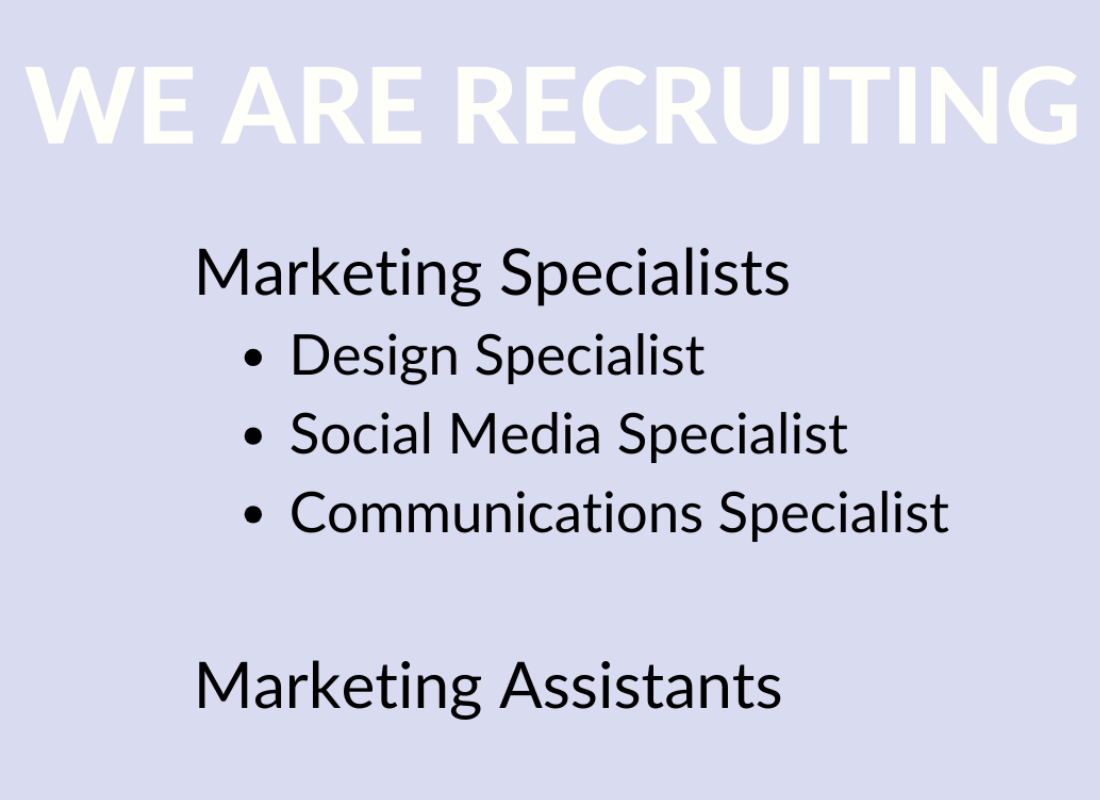
.0af71f.jpg)
.ec8cc4.png)